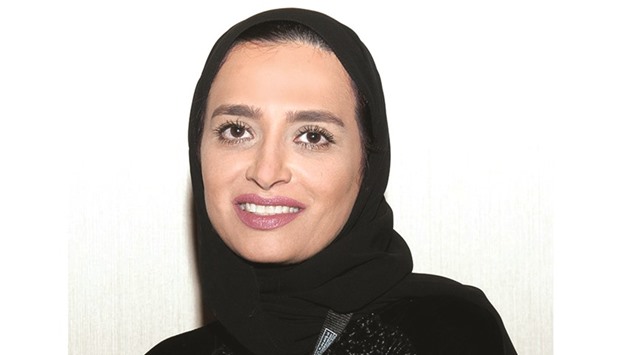Hamad Medical Corporation (HMC) has appointed Dr Muna al-Maslamani as medical director of its new Communicable Disease Center (CDC).
The new facility for the identification and treatment of infectious diseases in Qatar was opened in November 2016.
Prof Michael Richmond, chief medical officer at HMC, described Dr al-Maslamani as a great asset to both HMC and the CDC. “As well as being a highly skilled senior consultant in infectious diseases, Dr al-Maslamani has extensive experience in quality improvement. Her clinical leadership roles have included deputy chair and acting chair of medicine and assistant head, Infectious Disease. She is eminently suited to lead this new and important facility,” he said.
A strong advocate for quality medical education, Dr al-Maslamani is Fellowship Training Programme director for Infectious Diseases. She has also held the post of assistant professor of clinical medicine at Weill Cornell Medicine – Qatar since 2008. In her previous role as vice chairperson, Quality and Patient Safety of the Medicine Department at HMC, Dr al-Maslamani was an integral member of the corporate quality improvement team. During that time she completed a year-long HMC Quality Improvement Fellowship. She is also an active member of a range of HMC corporate committees.
HMC’s deputy chief medical officer and head of infectious diseases, Dr Abdullatif al-Khal, said: “Dr al-Maslamani is a wonderful example of the realisation of our strategy to develop leadership capabilities among our Qatari clinicians. She will be an excellent role model for the next generation of doctors who will lead our healthcare system in the future.”
The CDC is a state-of-the-art facility for people with infectious diseases. It offers comprehensive inpatient services to those who need hospitalisation and also houses outpatient clinics which provide services including pre-marital counselling and education for individuals with infectious diseases. The Center has a focus on tuberculosis, respiratory diseases and other infectious diseases, including leprosy, Middle East respiratory syndrome (Mers), influenza, measles, hepatitis and human immunodeficiency virus.

Dr Muna al-Maslamani
